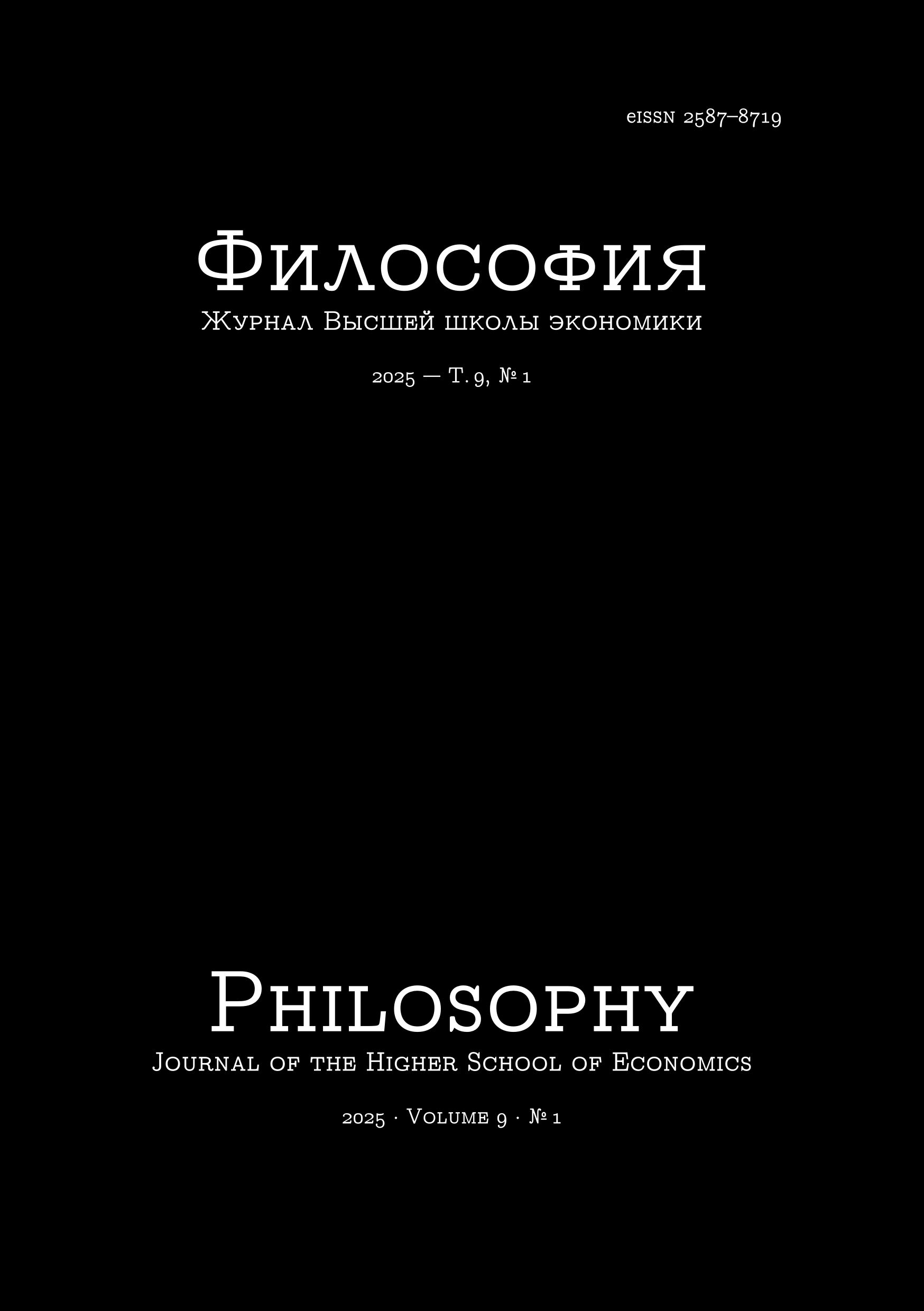Нейронауки в культурном ландшафте позднего капитализма
Аннотация
Последние десятилетия, начиная с 1990-х гг., «новые науки о мозге» не только вывели междисциплинарную область знаний, связанных с высшей нервной дея-тельностью, структурой мозга в нейрофизиологическом, когнитивном и психологическом смысле, в авангард развития научного знания, но и проникли в широкий спектр нарративов от нейромаркетинга до массовой психологии и популярной блогосферы в сфере так называемого селф-хелпа. Исследование человеческого поведения с точки зрения нейронаук оказалось одним из ведущих направлений научных исследований не в последнюю очередь из-за того, что понимание причин принятия тех или иных решений в контексте растущей значимости рыночной экономики стало «золотой жилой» для тех, чей экономический успех напрямую зависит от капитализации внимания потребителей. Эта статья посвящена включению нейронаучных исследований в экономическую практику, посредством которой формируется тот тип человека экономического, с подачи французского исследователя Мишеля Фуко получивший название «предприниматель самого себя». В статье будут рассмотрены причины, условия и факторы возникновения тесной взаимосвязи между ландшафтом рыночной экономики и нейронаучными исследованиями, которые стали невольными спутниками одержимости повышением эффективности с акцентом на ведущую роль «человеческого капитала». Основная цель работы состоит в осмыслении взаимовлияния неолиберальной идеологии в ее антропологической перспективе и нейронаучных исследований, предлагающих как новые открытия, так и способы решения задач и ответы на вызовы, которые ставит перед современным человеком культурно-социальная среда позднего капитализма.
Скачивания
Copyright (c) 2025 Philosophy Journal of the Higher School of Economics

Это произведение доступно по лицензии Creative Commons «Attribution-NonCommercial» («Атрибуция — Некоммерческое использование») 4.0 Всемирная.






